What Happens to Your Credit Score When You File Bankruptcy
Sometimes bankruptcy is unavoidable and really the best option. Divorce, job loss, and major health issues often contribute to the decision to file...
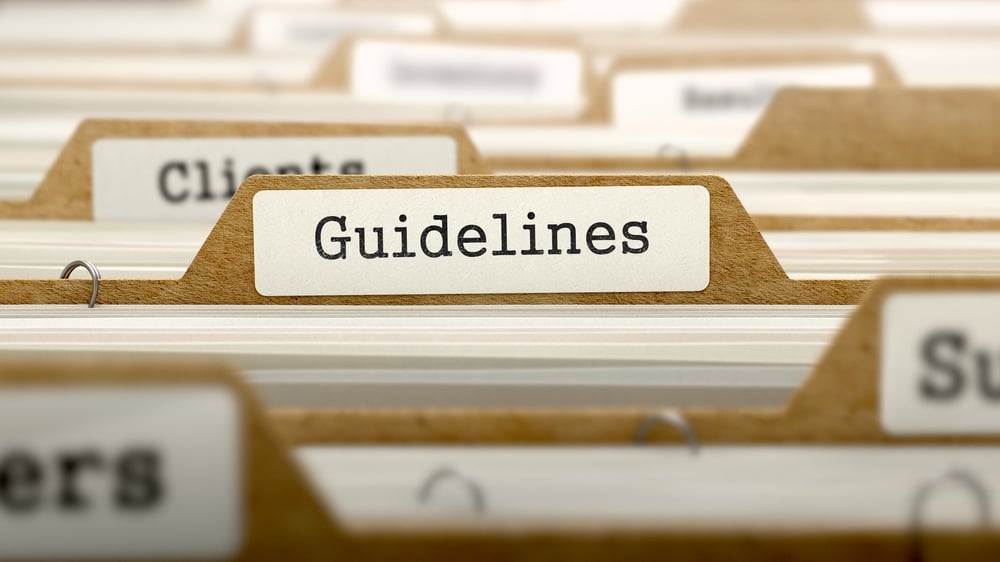
Ever feel like you’re drowning in paperwork? If you do, you’re not alone. Every month, the average American gets bombarded with a flurry of bills, bank statements, credit card statements, mortgage statements and loan statements. Depending on the time of year, you might get a couple of W-2 forms added to the mix.
Not everyone, though, knows what to do with the stack of financial records they get in the mail each month. It’s obviously important to look over statements and pay bills, but what comes next? Do you keep the records for posterity or are you free to run them through the shredder?
The short answer is it depends. Some financial records you can discard almost as soon as you open the envelope. Other records you’ll want to keep in case you have a dispute with your credit card company or worse, the IRS.
Discover which financial items you can keep and how long you should keep them.
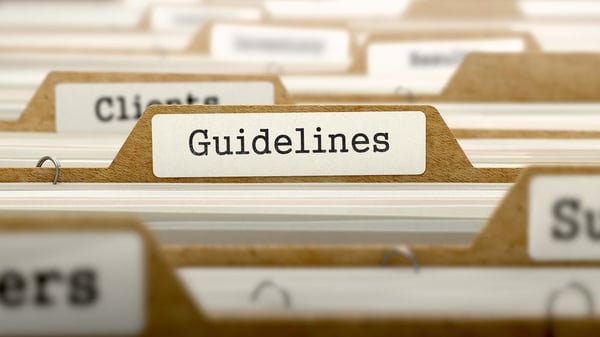
Tax records are the most important financial records you need to keep, bar none. This is because if the IRS claims your tax information is inaccurate, the burden is on you to produce documentation that proves otherwise.
What exactly constitutes tax documents? Your income tax returns are obvious candidates, but you should also keep any documentation for items you’ll want to claim as a deduction, such as alimony payments, mortgage interest payments, credit card statements, retirement plan contributions and canceled checks.
Generally, the IRS can audit your returns for up to three years after you filed them. However, if the IRS believes you under reported your gross income by 25 percent or more, they can challenge your tax returns for up to six years after you filed them.
To be safe, you should keep all tax-related records for seven years. After that, you can shred them.
Since most financial institution members get their monthly account information through estatements, you don’t really need to worry about storing them. If you still get hard copy bank statements, though, discard them after one year.
When you get your credit card statements, review them to make sure there are no unfamiliar charges. Once you’ve done that, feel free to shred them unless they contain items you plan to claim as a tax deduction.
For most people, bills make up most of the paper in their financial records. If you’re nodding your head in recognition, good news—you can shred most bills as soon as your payment clears.
The only exception to this rule is a bill for a big-ticket item, such as furniture, computers or jewelry. Keep those bills for as long as you own the item. They may come in handy if you need to substantiate an insurance claim or if the item has a warranty.
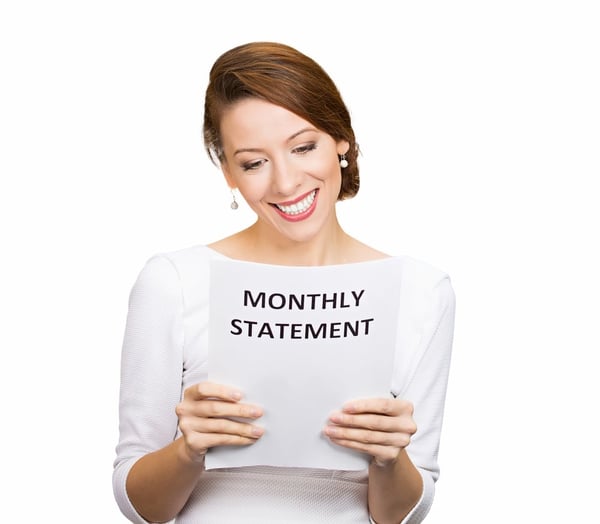
You’ll want to hang onto your paycheck stubs until you get your annual W-2 form. Once you do, make sure the amount your employer listed as your salary matches your actual pay. If it doesn’t, use your pay stubs to corroborate the request you’ll be making for an amended tax form.
If, on the other hand, your paycheck stubs do match up with your W-2 form, feel free to get rid of them.
Keep any documents related to mortgages (or any other loans) until they have been paid off. Once you’ve made the final payment, keep the notice that you have paid off the loan and store it indefinitely. You’ll want to have it around if you are ever challenged on whether or not you’ve repaid the loan.
If you own a home, you should keep all documents related to the home’s purchase for as long as you own it. You should also keep records of any substantial improvements you’ve made, such as additions and remodeling. Finally, keep records of all the expenses you’ve gathered from buying or selling your home, such as real estate commissions and legal fees.
You’ll want to keep these records because they’ll be included when you have to calculate your capital gains if you decide to sell the house. If you’ve made improvements to your house or racked up expenses while you’re selling it, the costs will get added to your original purchase price, which will lower your capital gain, which will in turn lower the taxes you have to pay when you sell your house.
Since these are considered tax documents, you’ll want to keep them for at least seven years after you’ve sold your home.
Knowing what financial records to keep and for how long is a huge step in keeping your home files organized. It will also give you a better idea of where you stand financially. This is invaluable information to have, especially when planning your financial goals.
If you have any questions about the financial records you get from First Alliance Credit Union, you can call us at 507-288-0330 or email us at hello@firstalliancecu.com. We will be happy to answer any questions you might have.
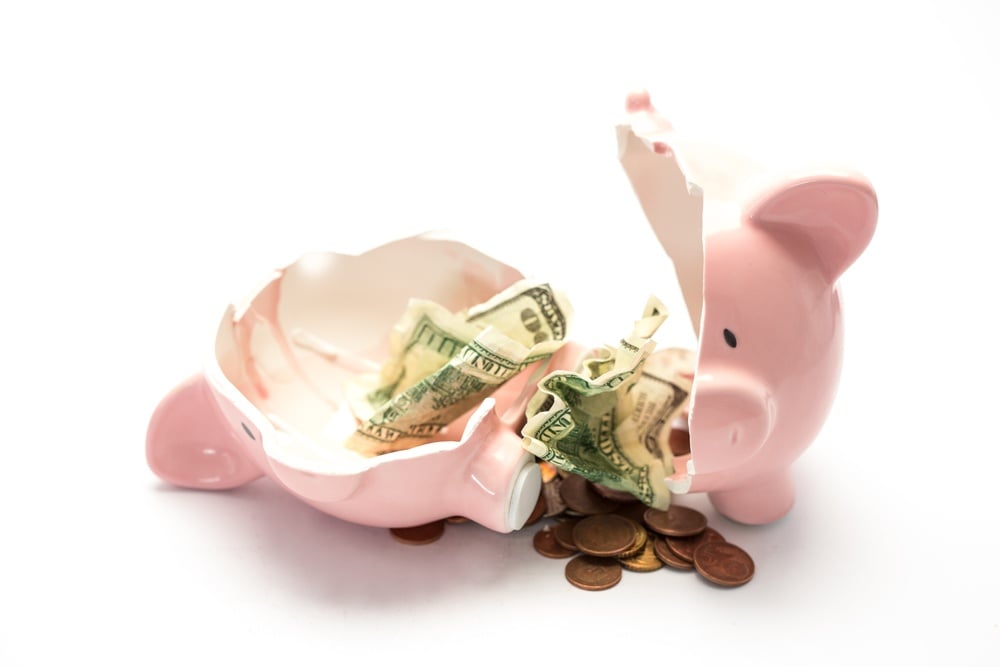
Sometimes bankruptcy is unavoidable and really the best option. Divorce, job loss, and major health issues often contribute to the decision to file...

You probably know that winning the lottery is a pipe dream. You’re more likely to be struck by lightning than win the lottery, and you also know that...
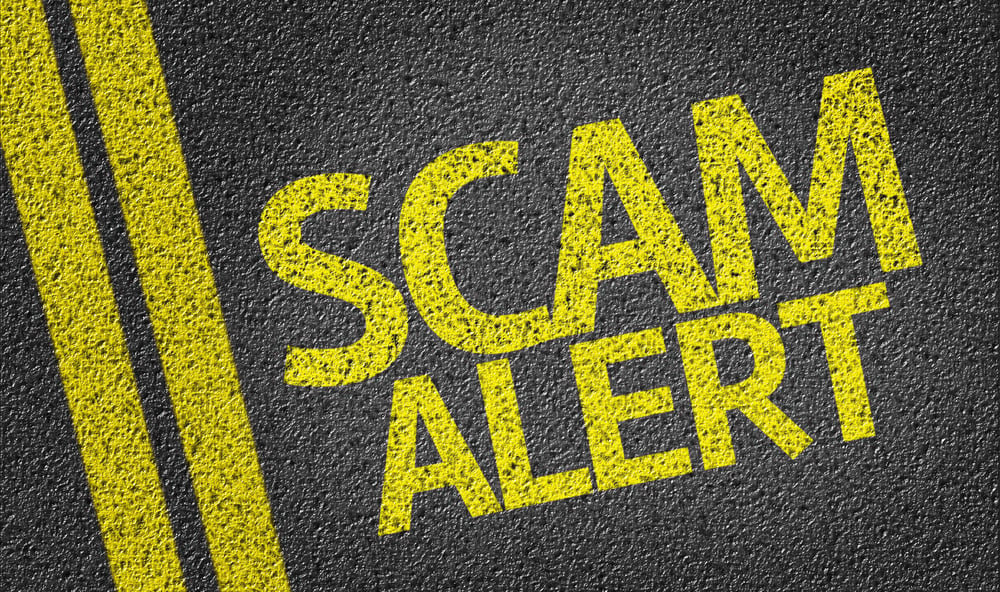
The COVID-19 crisis has, no doubt, inflicted undue hardship on millions of Americans. Unemployment benefits are a lifeline for many people at this...